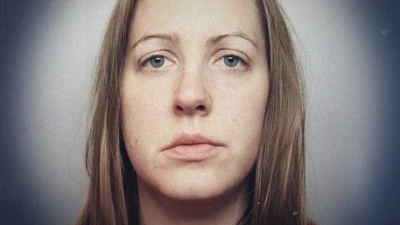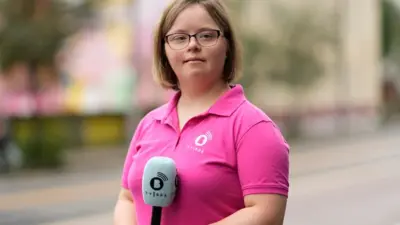We've updated our Privacy and Cookies Policy
We've made some important changes to our Privacy and Cookies Policy and we want you to know what this means for you and your data.
Incapacity benefit claimants reassessed
Incapacity benefit claimants in north-east Scotland and Burnley in Lancashire are to be the first to be reassessed ahead of UK-wide welfare reform.
Those deemed fit enough to work, using a points-based system, will be moved to the jobseeker's allowance.
More than 2.5m people claim the benefit or its successor, employment support allowance, costing Β£12.5bn yearly.
Ministers say those able to do limited work should do so but charities claim the new test is "fundamentally flawed".
The reassessment is designed to end the one-size-fits-all approach to those with illness and disabilities.
Eventually everyone claiming incapacity benefit will have to undergo a medical examination to assess their physical and mental abilities.
New criteria
It will work on a point-based system. For example, a person who cannot sit comfortably for more than 30 minutes will score seven points.
Anyone who scores below 15 points in total will be deemed fit for work and placed on jobseeker's allowance, which in some cases could result in a reduction in benefit of about Β£25 a week.
Terminally ill people and the most disabled will not be expected to look for work but those judged capable of limited work will be supported back into part-time employment.
The government has said the high number of people on long-term sickness benefit showed the system was not working.
Employment Minister Chris Grayling, who will launch the scheme in Burnley on Monday, said assessors would consider all available medical evidence and an individual's full circumstances when analysing their capacity to work.
He denied there was a target for the number of people the government wanted to get off incapacity benefit and said he would be prepared to modify the test if it was not working properly.
"I am very concerned to make sure we get this right. It is not in our interests to force people off benefits into work who cannot do so," he told ΒιΆΉΤΌΕΔ Radio 4's Today programme.
But he added: "We have just got to end that situation where employment opportunities are appearing but we are not managing to help those people who are long-term on benefits in this country take advantage of those opportunities."
"I don't believe it is right to abandon people at home to spend the rest of their life doing nothing."
'Genuine claims'
The pilot scheme will also affect claimants in Aberdeen, Banff, Peterhead and Fraserburgh.
In Aberdeen more than 8,000 residents claim incapacity benefit - some 60% for five years or more.
Mental health and disability charities have already questioned the effectiveness of the test, claiming that it does not "distinguish accurately" between those able to work and those who cannot.
"We believe that this test is fundamentally flawed," Richard Hawkes, chief executive of Scope, said.
"It asks people to do things like pick up a coin off the floor or can they take their pen out of their top pocket. The test does not ask people what previous work they have done, it doesn't ask people what support they might require in the work place."
There are already concerns about the way incapacity benefit tests are being conducted.
The Citizens Advice Bureau (CAB) has reported a 57% increase in the number of people challenging the outcomes of their tests and mental health charity Mind says that, in 40% of cases, initial verdicts are being overturned at appeal.
"From all the claimants I have met, I believe the vast majority have been genuine," CAB's Paul Hogarth, who has supported 60 people at tribunals in Burnley over the past year and won in 85% of cases, told Today.
"It comes back to the fact 'is the pressure on the medical professionals to fail the vast majority of these claimants or is it going to be a genuine assessment?"
The full extent of the welfare cuts will be announced in the comprehensive spending review later this month.
Top Stories
More to explore
Most read
Content is not available








